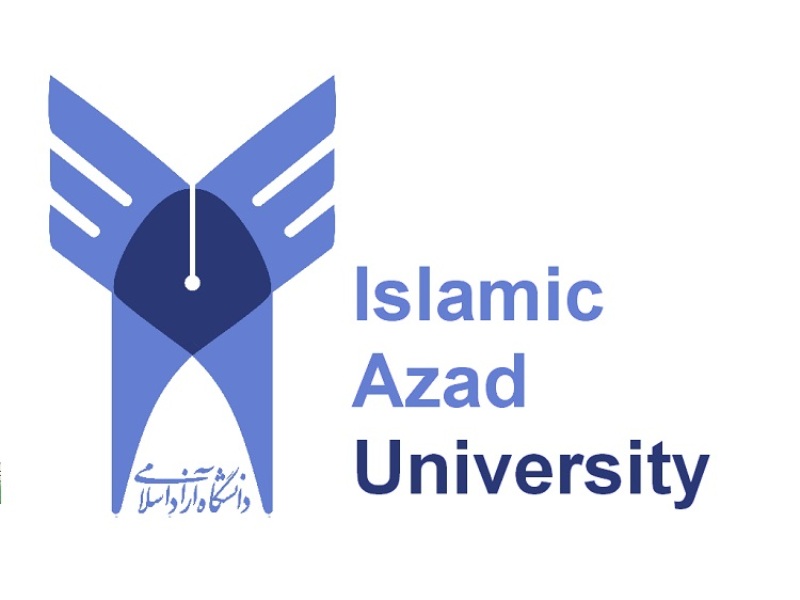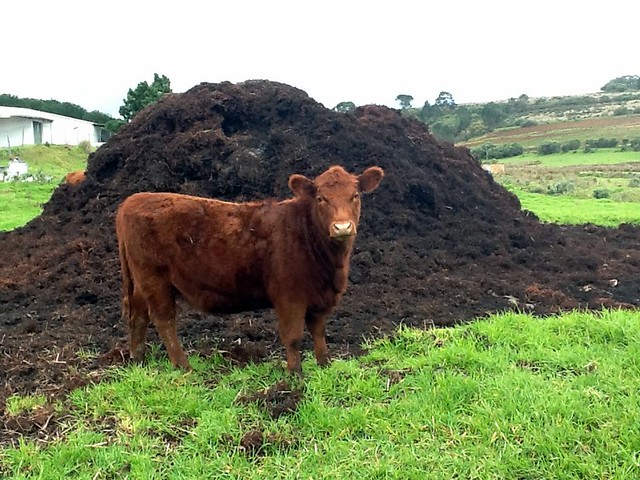
An Elsevier journal has denied the efforts of a group of researchers — well, most of them, anyway — to reverse a retraction after having agreed to the move in the first place.
The dispute centers on a 2018 paper in Preventive Medicine Reports titled “Association between low-testosterone and kidney stones in US men: The national health and nutrition examination survey 2011–2012” — which, as the title implies, found that:
Continue reading ‘I shot at my own foot with my own gun’: Journal rebuffs attempt at un-retraction







